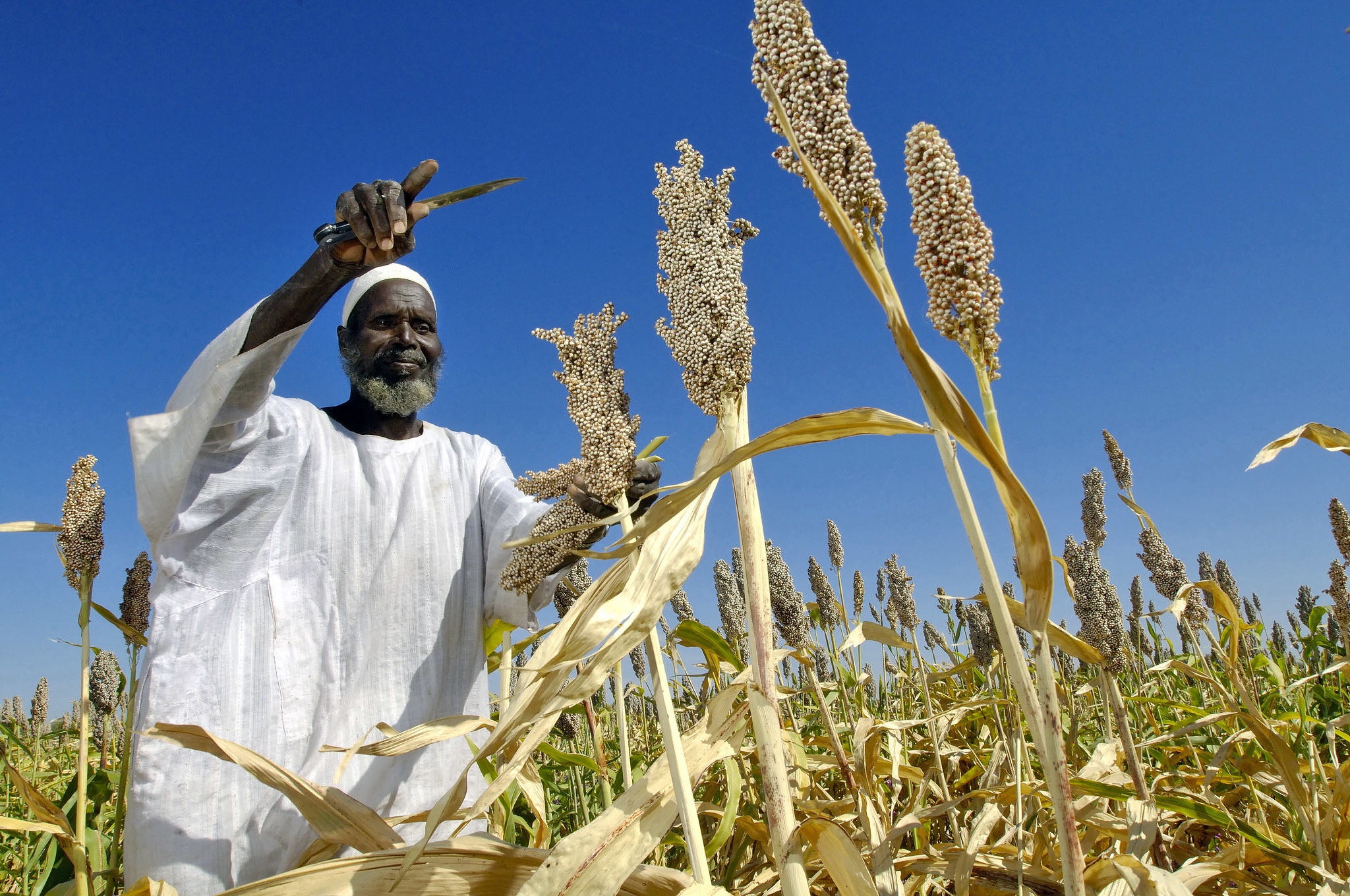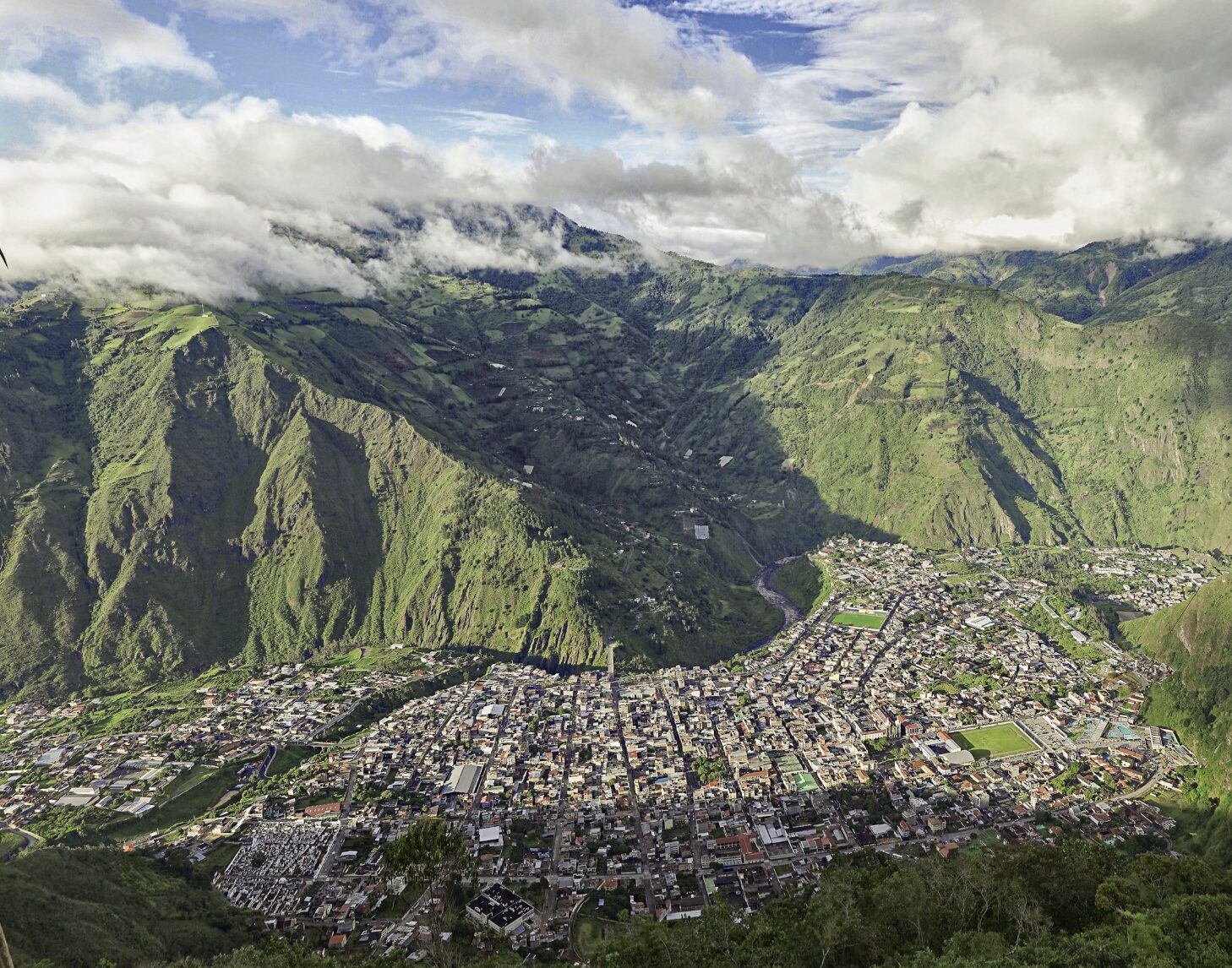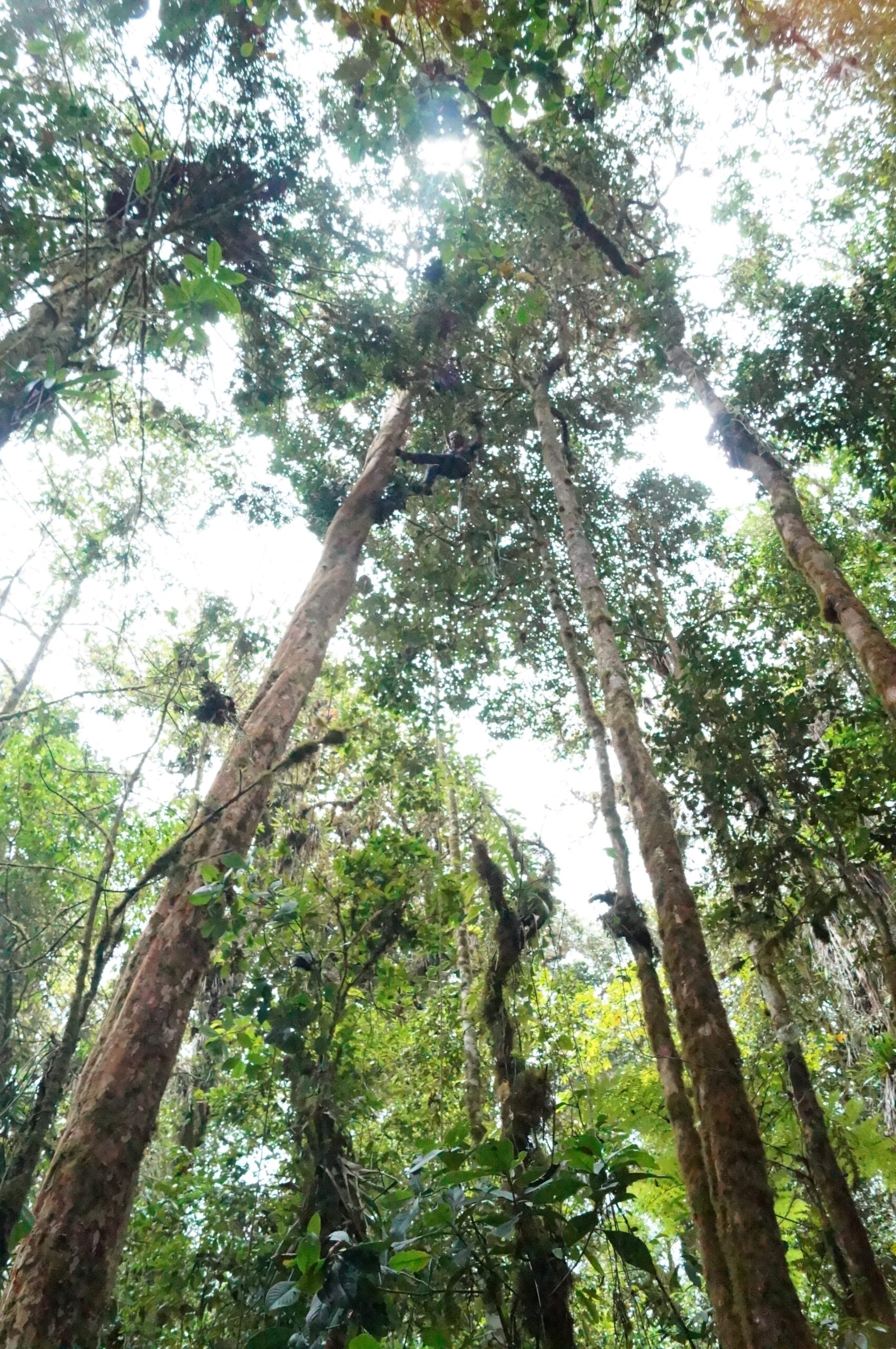journal article
The impact of COVID-19 fiscal spending on climate change adaptation and resilience
New research from the University of Oxford analyses 8,000 government policies across 88 countries to reveal how Covid-19 recovery spending contributed to climate adaptation and resilience.
How to transform Africa’s food system
This paper proposes five pathways to help shape and transform Africa’s food systems. It argues that food systems in Africa can be more resilient if their development includes climate adaptation.
Strategies for monitoring and evaluation of climate change adaptation: localizing global approaches into Andean realities
How are global approaches on monitoring and evaluation to climate change adaptation being localized in the design and implementation of public policies and territorial strategies for adaptation in the Andes? Learn more in this study.
GLORIA network studies dispersal strategies of flowers in the High Andes
How are plants overcoming geographical barriers to disperse their seeds? The GLORIA-Andes network continues to provide basic knowledge about high Andean ecosystems, essential to understanding how native species feel the effects of climate change.
A roadmap for integrating theory and field observations in South America montane ecosystems
Learn about the empirical and theoretical approaches currently used to quantify the ecosystem service provision in South American montane forests and alpine environments. A broad roadmap for the creation of a trandisciplinary network that can bridge the gap between the needs of modelling and data availability is proposed, in order to facilitate the implementation of mountain vegetation into Dynamic Global Vegetation Models that are used in Earth System Models.
Closing the Adaptation Gap in Mountains
This MountainAgenda article introduces a conceptual framework for adaptation gaps. It uses data from 2 major global-scale adaptation reviews to shed light on the nature and true magnitude of the adaptation gap in mountains. It reveals shortcomings in available adaptation options, deficits in the uptake of existing adaptation support, and a general lack of coherence between existing adaptations and keystone global agreements relevant to climate change adaptation.





